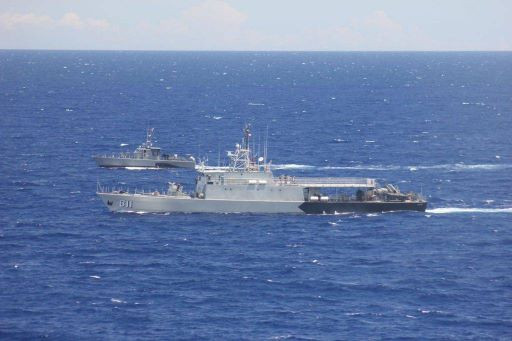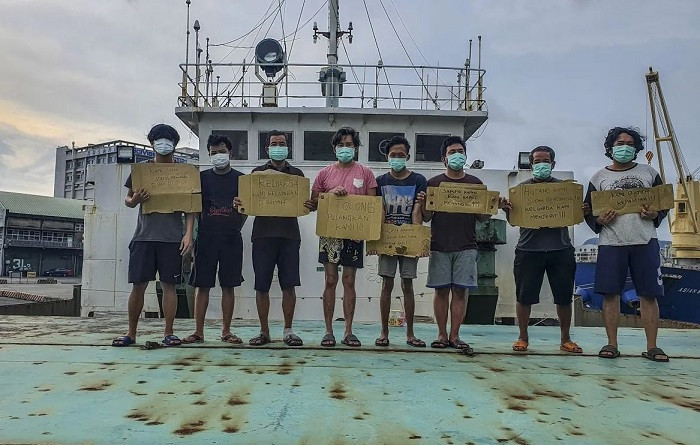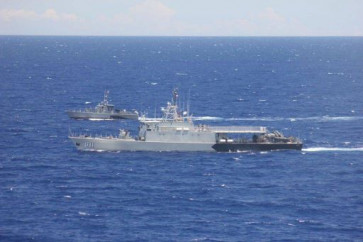Popular Reads
Top Results
Can't find what you're looking for?
View all search resultsPopular Reads
Top Results
Can't find what you're looking for?
View all search resultsSecuring Indonesia’s chokepoints through enhanced A2D capabilities
To shore up the defense of the three archipelagic sea lanes, the TNI must boost its air defenses against potential aerial threats.
Change text size
Gift Premium Articles
to Anyone
R
ising tensions in the South China Sea have increased concerns in East and Southeast Asia. China’s assertiveness about enforcing its claims has led many countries to strengthen their militaries. For instance, the Philippines opened a new coast guard outpost on Thitu Island in the disputed Spratly islands, after installing a new cutting-edge radar station in the area.
Although Indonesia is not a claimant to the South China Sea, part of our Exclusive Economic Zone (EEZ) is included within China’s nine dash line claim. Indonesia has three Sea lines of Communications (SLOCs), also known by their Indonesian abbreviation, ALKI. Bear in mind that our ALKI 1 around the Karimata Strait could also be affected if tension in the region escalates.
The plan to relocate the capital city to East Kalimantan also poses a geopolitical challenge since the new Nusantara Capital City (IKN) will be in ALKI 2 (Sulawesi Sea and Makassar Strait) and share a land border with the eastern part of Malaysia. Our eastern ALKI 3 between Sulawesi and Maluku, with its strategic and vast potential resources, also offers significant challenges to Indonesia’s national defense.
Indonesia must therefore boost its military to readily respond to such situations. However, since the defense budget still competes with other government priorities, the modernization of the Indonesian military (TNI) must be done smartly and effectively.
Two issues are key for defense planning, the first being Indonesia’s archipelagic geography and the second being the capabilities required by the geographical context. The former dictates the military doctrine needed and the latter will inform us of the necessary military posture, including personnel and equipment.
The three strategic sea lanes must constitute the base of our defense doctrine. They are vital chokepoints for global strategic movements as main trading routes as well as a line of communication. Any significant disruption to these points could be detrimental to Indonesia, with reverberation to other countries. Developing a defense doctrine to secure the ALKI will be a robust foundation for Indonesian defense.
As maintaining security in the three sea lanes is the main mandate of the military, capabilities must be geared toward this. One key strategy is to utilize the archipelagic defense doctrine, in which strings of islands are integrated into the defense systems.



















